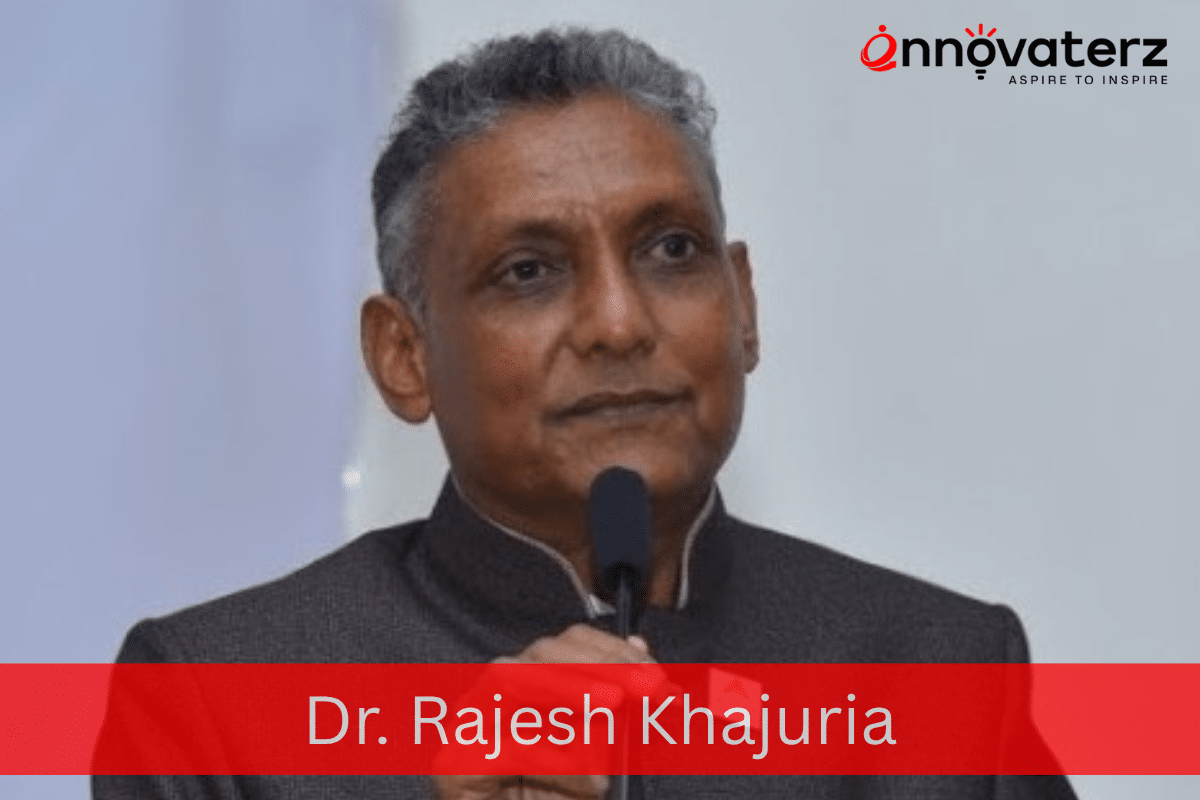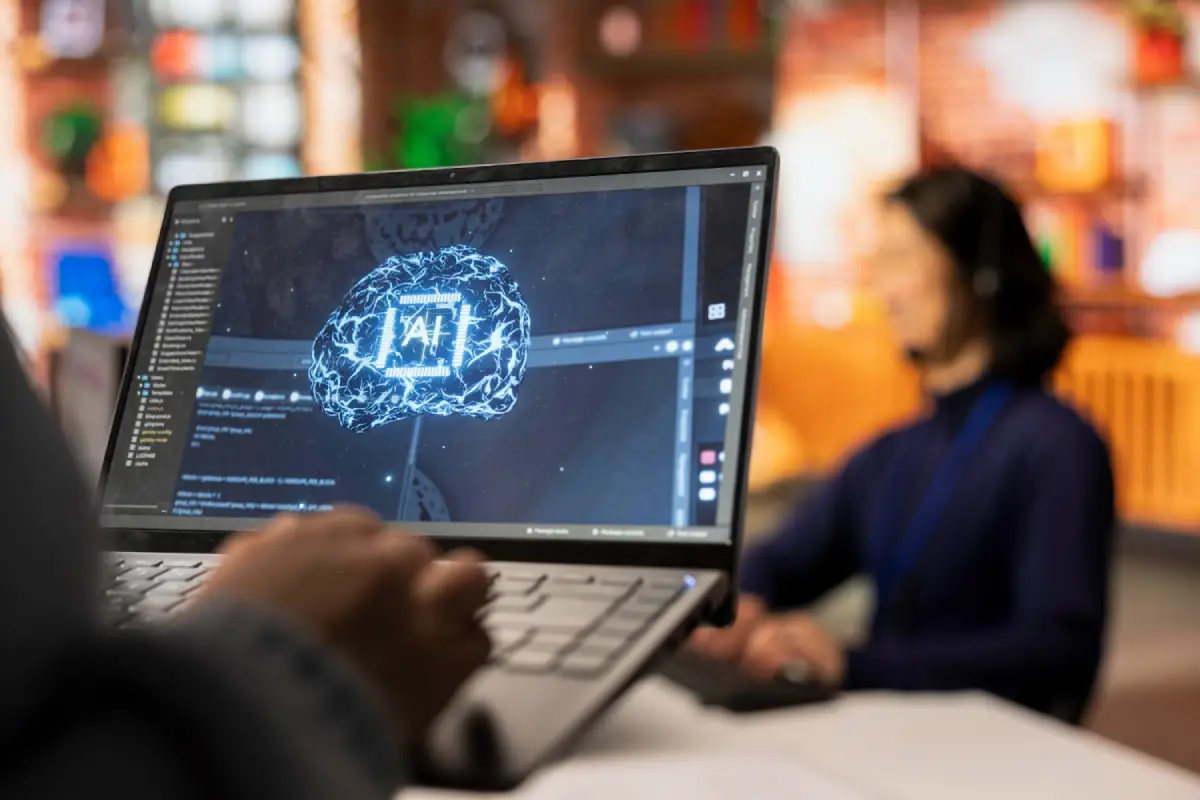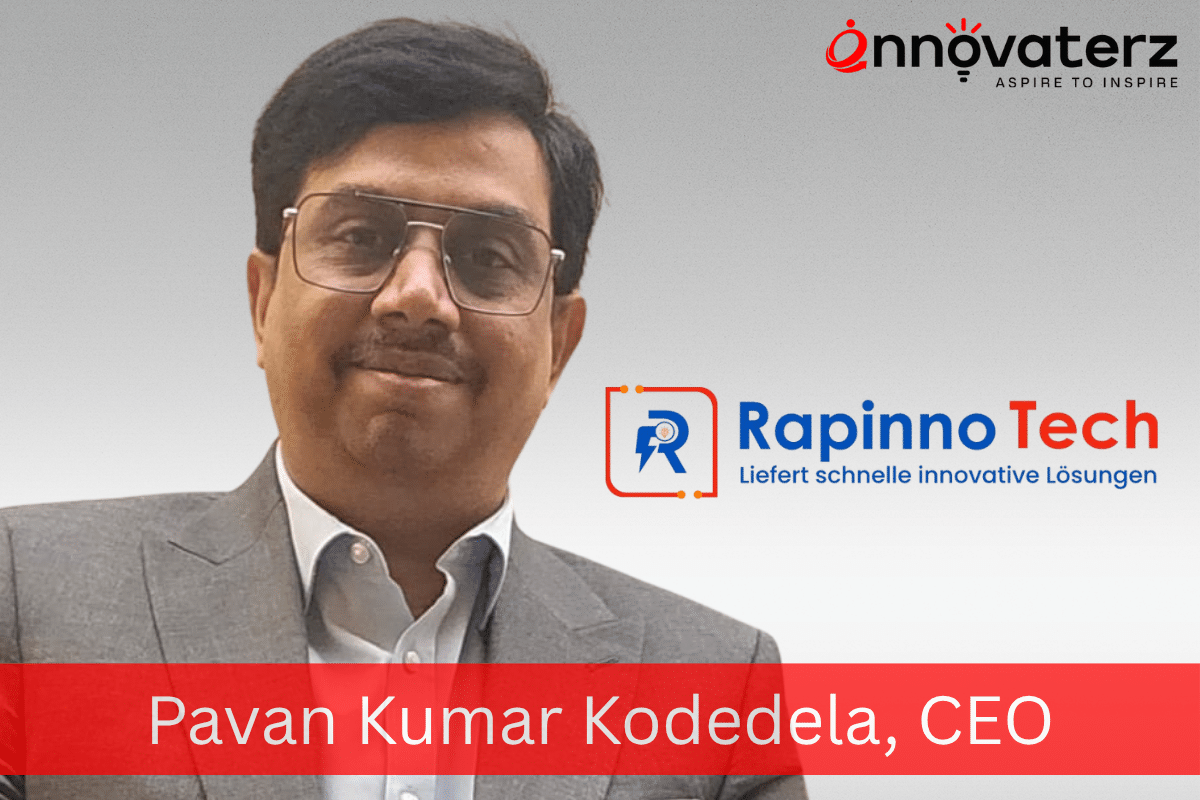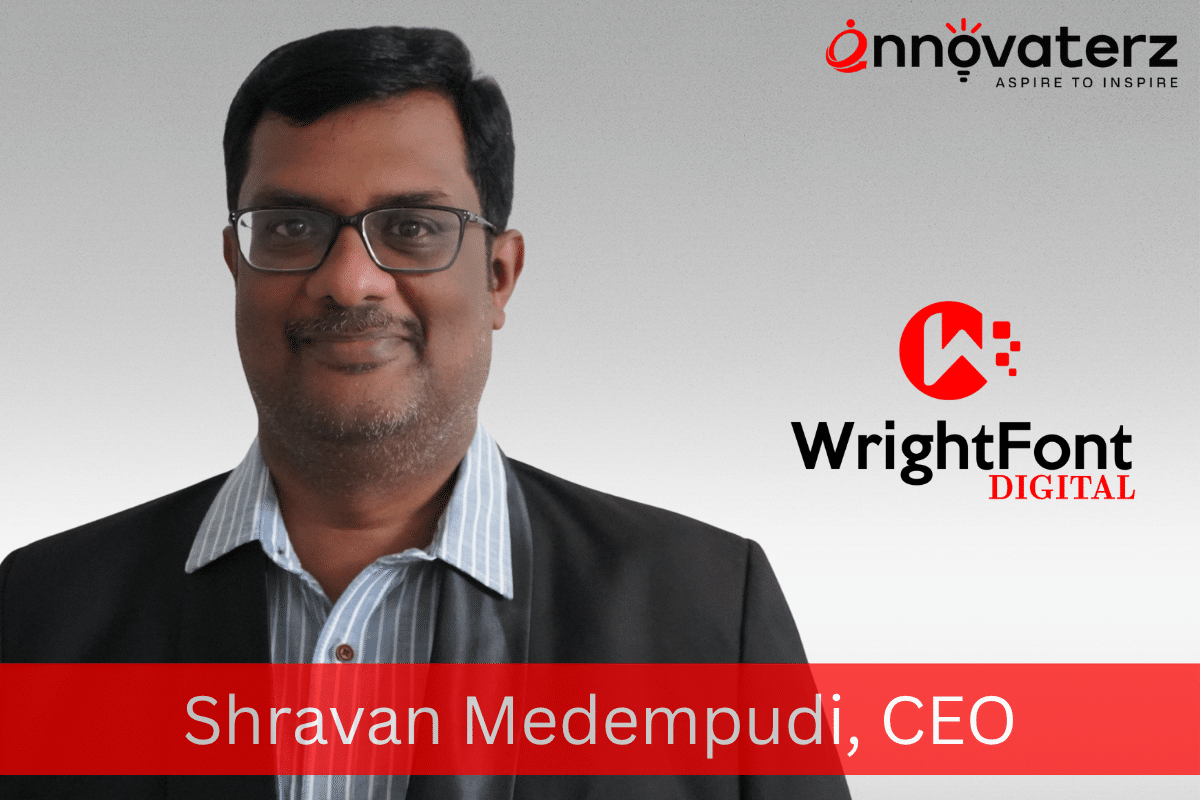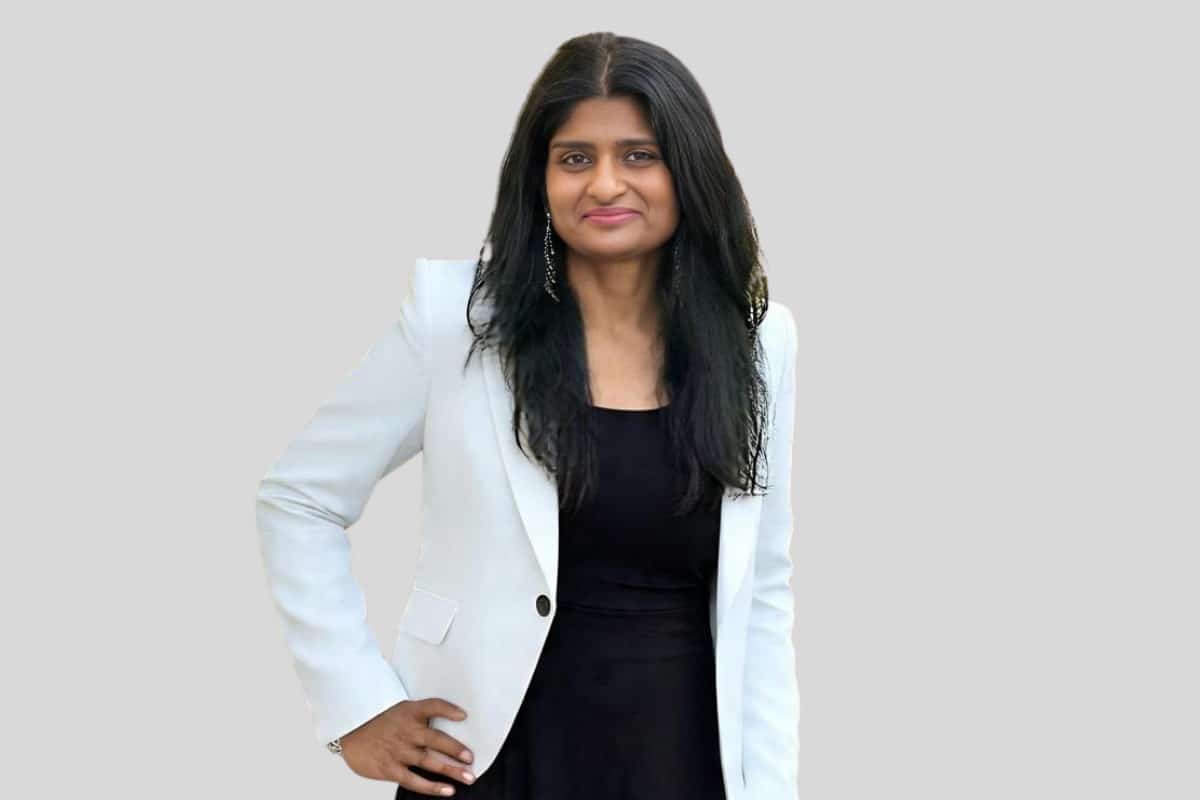India has one of the most intellectual graduate populations in the world. The mark Indian origin professionals have made has been nothing short of outstanding, be it in Silicon Valley or Wall Street. As of 2024, more than 58 CEOs and CTOs of Fortune 500 companies are of Indian origin – an evidence of astounding reputation Indian graduates have. Sundar Pichai of Google, Satya Nadella of Microsoft and Arvind Krishna of IBM are frontrunners showing Indian higher education is capable of producing global innovators and visionaries.
This level of excellence is not just coincidence. Over 5,000 years ago India had a heritage of education that was unparalleled and globally known. Nalanda and Takshashila are the ancient institutions serving as the epitome of world knowledge sharing. These world-renowned Indian universities pulled in scholars from Greece, China and Persia alongside other parts of the ancient world. India was not a mere consumer of knowledge, rather, a knowledge creator developing disciplines like astronomy (Varahamihira), mathematics (Aryabhata), philosophy (Ram, Kirshna, Vivekananda), yoga (Patanjali) and medicine (Charaka and Sushruta) a long time ago even before the west had any universities.
Noted books from past centuries reveal that Indian Universities have been recognized for their intellectual contributions. However, in the 21st century, Indian graduates do not seem to be meeting the global employability threshold. According to the Wheebox India Skills Report 2024, only half of Indian graduates are job-ready, and the Mercer-Mettl Graduate Skill Index 2025 report shows even more alarming figure of 42.6%. This indicates that there is a clear gap between the skills taught in presently working academic institutions and those required in the actual job market.
The changes that Indian Universities need to implement may sound challenging, but starting with the re-evaluation of Indian graduate students’ skill sets and potential is the key step that will set this movement into motion. While Indian students are adequately instrumented with a wealth of intellectual resources, it is the inaccessibility to required materials and latest technology that becomes an obstacle. Soft skills along with hands-on tools relevant to the students’ respective disciplines should be provided in the education system in addition to the curriculum. It is also beneficial if children are educated from a young age to be critical empathetic thinkers, able to adapt, creator, fluent in tech, articulate, and build powerful connections.
Another approach focuses on marketing skills. As students prepare for their future industries and world of work, they need to carve out their professional identities alongside their peers from diverse fields while still in education. In addition to revamping the curriculum, it is equally important for learners to have exposure to business and professional mentoring systems, which will aid them in learning how to effectively market their competencies.
This is where LinkedIn comes handy and affordable. It acts as an online connector for graduates and employers. Students can now build professional profiles, showcase their skills through certificates and/or projects, and interact with industry leaders, which broadens their knowledge and exposure well beyond the boundaries of the campus. From internships to full time jobs, LinkedIn makes it easy to discover talent with its offer of non-biased and value-based system of career advancement.
For the period 2025-2027, targeted effort from multiple stakeholders is required. Universities need to adopt and include industries in their education framework, and students need to take up personal branding and skill development initiatives. On their part, employers should actively sponsor educational initiatives for crafting talent pipelines. At the same time, LinkedIn needs to direct its efforts towards secondary and tertiary cities to promote global opportunities.
All the right attributes are present in India, the roots, the ambition, and the talent. With the right digital tools and interventions, we can make sure every graduate is not only educated, but also employable, confident, self-assured, and ready for the future.
About The Author:
Dr. Rajesh Khajuria has gained a rich experience of about 42 years, including about 21 years in Business
education, research and training, and another 21 years in Consulting to Banks, Industries and Educational institutions, resulting in generating cumulative investments translated to about US$ 20 billion.

